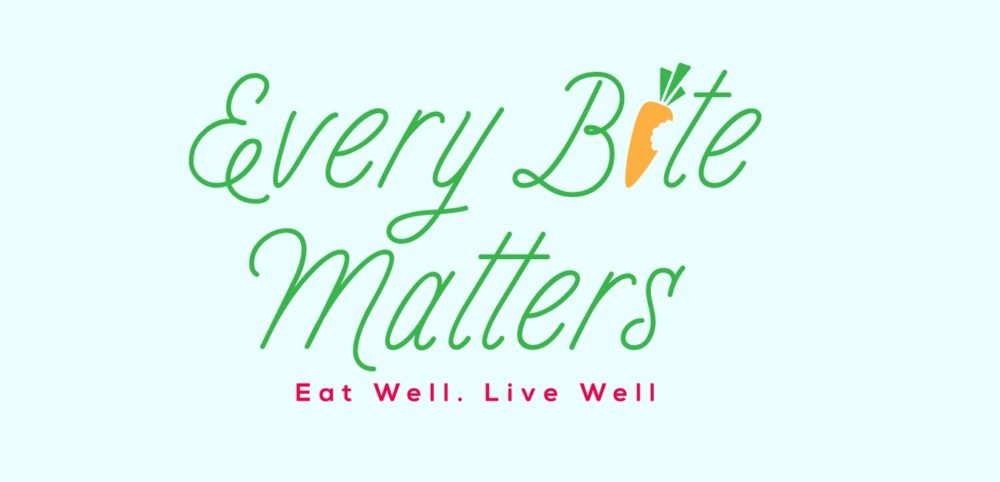In celebrating National Nutrition Month, may I suggest all you beautiful people to incorporate more pastured eggs in your diet, to help get your mind and body in shape for professional and personal success?
My mom used to tell me “Eat Fish, It’s a brain food. Eat Egg, it’s the most nutrient dense food”. My typical childhood breakfast was composed of 2 hard-boiled eggs, a papaya smoothie, and sometimes a small bowl of fish congee. It was at a time when I saw chickens roaming in the backyards, eating bugs and worms.
Then, people thought eggs were bad. I learned about all the fancy labels of eggs that I didn’t know about. Some eggs are Conventional, Cage-Free, Vegetarian-Fed, etc…AKA, eggs from over-crowded chicken factory. Later, I heard about the Egg Beaters, a processed product that is fortified and supposed to “make a healthy lifestyle easier”.
Not all eggs are created equal. Let’s look at the ingredients:
Real eggs
- Ingredients: Eggs
- Pros: nutrition-packed
- Cons: Bad reputation due to cholesterol content
Egg Beaters:
- Ingredients: Egg White, (99%). Less Than 1% Natural Flavor, Color (Includes Betacarotene), Spices, Salt, Onion Powder, Vegetable Gum, (Xanthan Gum, Guar Gum), Maltodextrin. Vitamins And Minerals, Calcium Sulfate,Iron (Ferric Phosphate), Alpha Tocopheryl Acetate (Vitamin E),Zinc Sulfate, Calcium Pantothenate, (Vitamin B12), Riboflavin, (Vitamin B2), Thiamin Mononitrate, (Vitamin B1), Pyridoxine Hydrochloride, (Vitamin B6), Folic Acid, Biotin, Vitamin D3.
- Debunked:
- Natural Flavor- faux flavor, possible MSG, and GMO source
- Maltodextrin- processed sugar
- Pros: Less calories, fat, cholesterol
- Cons: Highly Processed. Missing key nutrient: Choline
What is Choline?
Dietary intake of choline has been shown to be associated with lower plasma homocysteine levels (tHcy), which may reduce chronic inflammation (leading to cardiovascular disease, dementia, and osteoporosis). Recent studies support a protective role of choline against the development of some types of cancer. Choline deficiency may increase risk of muscle damage and nonalcoholic fatty liver disease (Fatty liver is linked to obesity and insulin resistance).
Choline is an essential nutrient for prenatal and breastfeeding women. Similar to folate, choline plays a critical role in the healthy development of the fetus’s brain and nervous system. Deficiency in pregnancy may increase incidence of neural tube defects and impair cognitive function.
Although some choline is made within the liver, we require dietary source to maintain good health.
According to the Institute of Medicine (IOM), the adequate intake (AI) for choline to prevent liver damage is 550 mg daily for men and lactating women, 425 mg daily for women, and 450 mg daily for pregnant women. The Tolerable Upper Intake Level (UL) for adults is 3500 mg/day.
Good Sources of Choline:
?Egg yolk- 147 mg per yolk
?Wheat germ- 202 mg per cup
?Beef- 97 mg per 3oz trimmed, cooked
?Scallop- 94 mg per 3oz steamed
?Salmon- 56 mg per 3oz cooked
?Cruciferous vegetables (broccoli, bok choy)- 65 mg per cup cooked
?*Please note that prenatal vitamins don’t usually contain Choline, it’s important to nourish your body through whole foods.

If you are worried about the high cholesterol level in egg yolk, read my related post on Instagram here Dietary Cholesterol. You can learn more about cholesterol with Professor Fred Kummerow’s latest book at 99 years of age Cholesterol is not the Culprit. Kummerow was the scientist who pushed the FDA to ban Trans Fat and he eats an egg daily. The 100 years old Nutrition Scientist.

